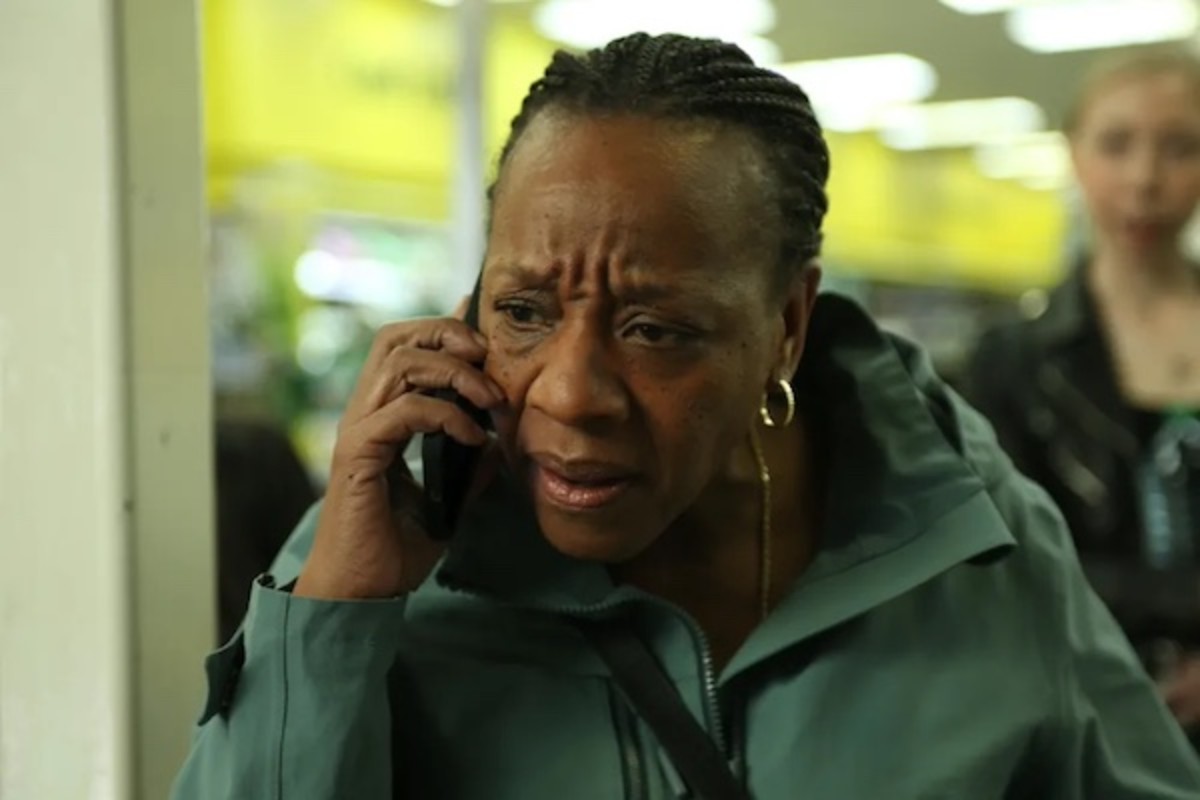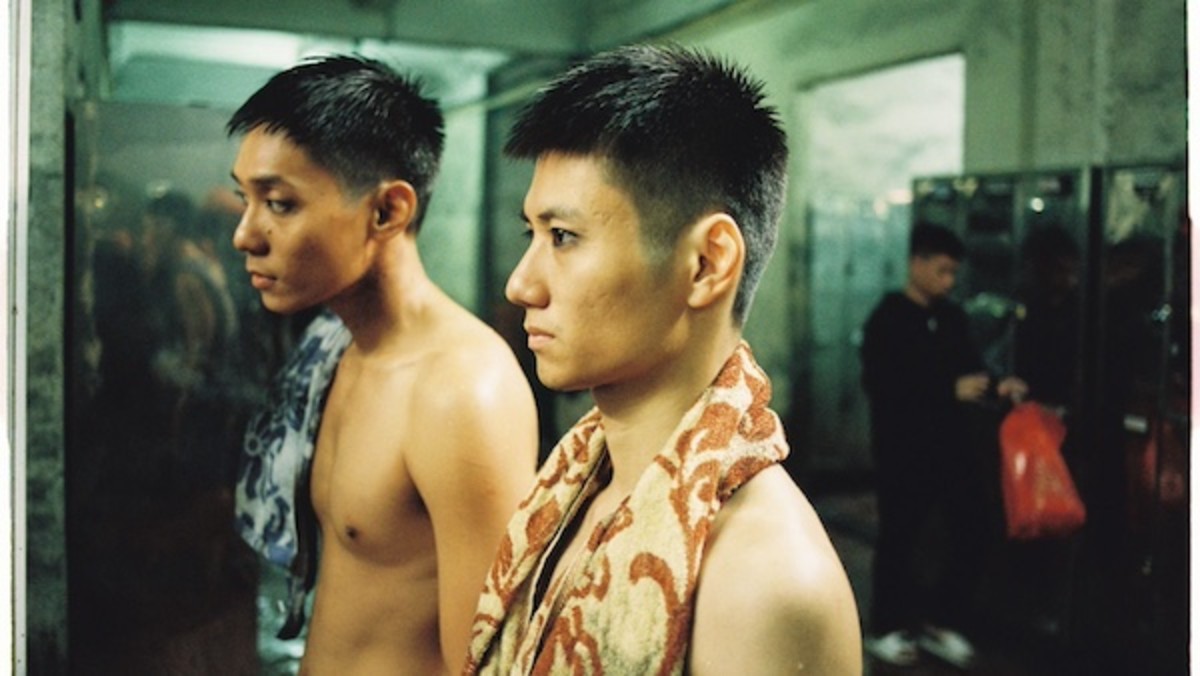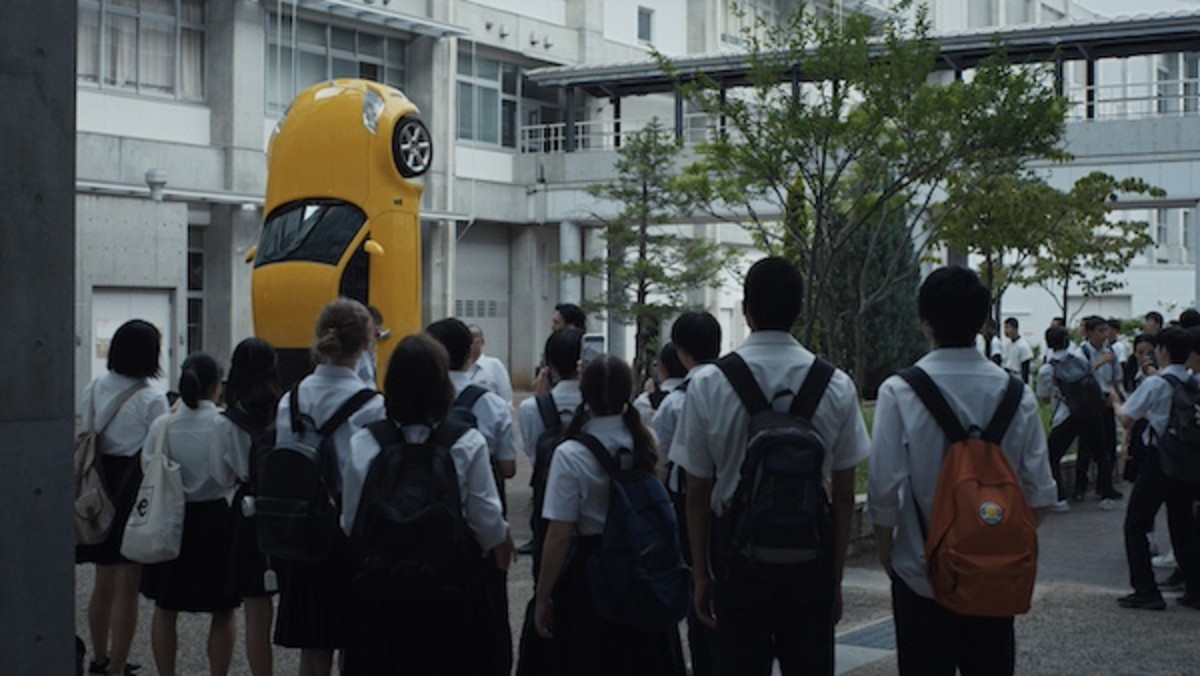At the New York Film Festival, ‘Hard Truths,’ ‘Việt and Nam’ and ‘Happyend’ are strikingly different from each other in tone and execution yet they do share a commonality – their examinations of relationships are striking and thought-provoking.
Susan Kouguell Senior Contributing Editor Script Magazine
At the New York Film Festival, Hard Truths, Việt and Nam and Happyend are strikingly different from each other in tone and execution yet they do share a commonality – their examinations of relationships are striking and thought-provoking. Moreover, these relationships are familial: Hard Truths (which centers on the family’s dynamics with the protagonist in constant crisis); Việt and Nam (a secret couple and mother in search of the father) and Happyend (two teens and their friend group form alliances, forming their own type of family unit).

Written and directed by Mike Leigh, Hard Truths is a compelling drama set in contemporary London. Leigh’s protagonist Pansy, (Marianne-Jean Baptsite) is relentless in her venomous anger and rages towards her husband, young adult son, her polar opposite sister, and anyone else who crosses her path. Pansy’s pain is palpable and Leigh and Baptiste have created a character who is unsympathetic and ironically and successfully empathetic.
Not unlike some of Leigh’s past films, Leigh began this project without a script and built the story and characters through months of rehearsals with the actors. This character study shifts between the various family members and the psychological repercussions of Pansy’s actions. The plot is unpredictable and there are no neat and tidy resolutions, thus resulting in a powerful and satisfying film with notable performances.

Banned in its home country of Vietnam, Việt and Nam, written and directed by Trương Minh Quý, is a poignant drama that confronts the legacy of the country’s war decades earlier. Set in the early 2000s, coal miners Viet and Nam are secret gay lovers, living in the shadows where past horrors hover in the present. Television news broadcast stories of the missing and the family members searching for information to help locate them, set up the pilgrimage Nam, his mother, Viet, and a family friend embark on to find the site of where Nam’s father was killed as a soldier.
As coal miners, the lovers’ job is digging into the earth; the metaphor of excavation and the unearthing of a horrific past is seen in contrasts of the lush landscapes and the dark caverns where a sense of timelessness unfolds. The film’s slow pace may not be for everyone, but it is effective and allows the characters time and space to explore their relationships and their generational trauma.
In the post-screening talk, Trương stated that he began the script in 2019 and how the casting process further enhanced the script: “I searched for people who have a real story that somehow matches the character’s story. I can then develop the character from their real stories. Like the character who is a veteran, he’s a real veteran and his confession at the end is based on his real story.”

Set in the near future of Tokyo, Happyend written and directed by Neo Sora, is a layered coming-of-age drama about the rise of political consciousness in a group of teens.
Neo Sora’s portrayal of these high school friends is relatable as it encompasses humorous events (students’ pranks) with an overshadowing sense of fragility as the ever present threats of earthquakes and an oppressive and invasive educational and political climate escalate. The unstable ground shifts as does the relationship between the two protagonists, childhood best friends, when they choose divergent paths.
In the post-screening discussion, Sora stated that it took seven years to write the script, and although this film was not autobiographical, his own life experiences were influential and inspired this work that he described as the rise of political consciousness.